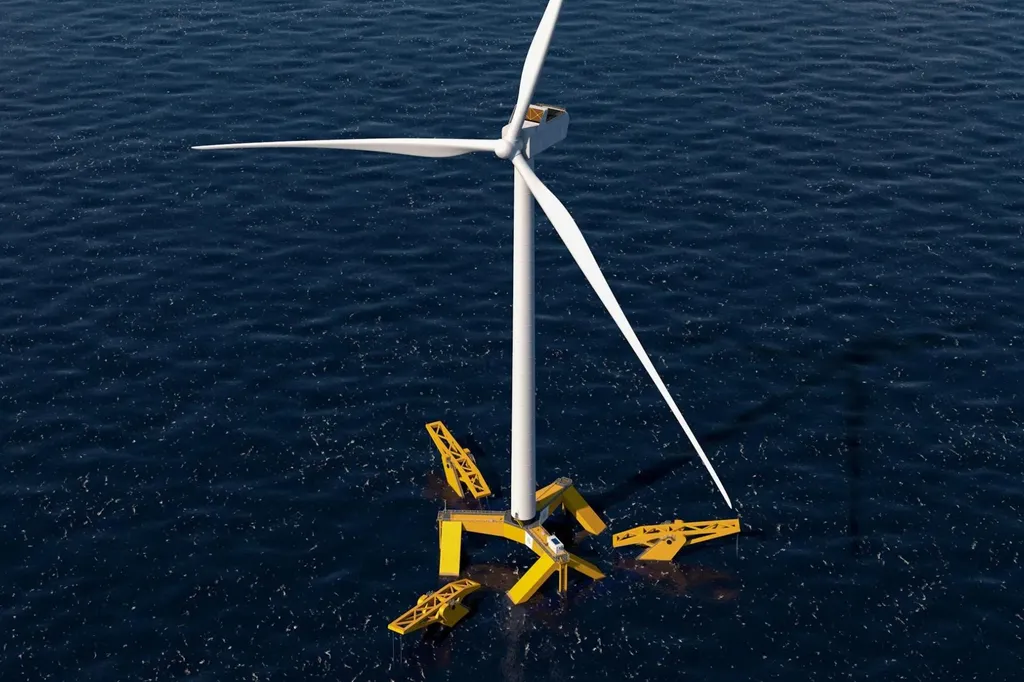In the ever-evolving landscape of renewable energy, researchers are constantly seeking innovative ways to enhance the efficiency and stability of wind power systems. A recent study published in the open-access journal “PLOS ONE” offers a promising advancement in this arena. Led by Yanling Lv, the research introduces an advanced control strategy designed to bolster the operational stability of wind turbine generators during grid-voltage surges, a common challenge in the energy sector.
The study focuses on the optimization of rotor-side controller parameters in doubly fed induction generators (DFIGs), a critical component in modern wind turbines. By employing an improved nondominated sorting genetic algorithm II (NSGA-II), the researchers established a dynamic model of the rotor-side converter and delved into the operational dynamics of proportional-integral-derivative (PID) controllers under voltage transients.
“Our goal was to develop a robust control strategy that could effectively mitigate equipment wear and minimize harmonic distortions during transient conditions,” explained Lv. The team achieved this by creating a multiobjective optimization framework that balances these competing demands, ensuring the smooth and efficient operation of wind turbines even when the grid voltage fluctuates.
To validate their approach, the researchers conducted comparative simulations using traditional NSGA-II, a multiobjective particle swarm optimization algorithm, and a multiobjective gray wolf optimization algorithm. The results were compelling: the improved NSGA-II demonstrated superior robustness in suppressing equipment wear and minimizing harmonic distortions, outperforming the other algorithms.
The implications of this research are significant for the energy sector. As wind power continues to grow as a vital source of renewable energy, ensuring the stability and efficiency of wind turbines becomes increasingly important. The proposed framework not only enhances grid resilience but also promises to improve the overall operational efficiency of wind power systems.
“This study highlights the potential of advanced control strategies in optimizing the performance of wind turbines,” said Lv. “By addressing the challenges posed by grid-voltage surges, we can contribute to a more reliable and sustainable energy future.”
The research underscores the importance of innovative control strategies in the quest for more efficient and resilient wind power systems. As the energy sector continues to evolve, such advancements will play a crucial role in shaping the future of renewable energy. The study, published in “PLOS ONE,” serves as a testament to the ongoing efforts to harness the full potential of wind power, driving us closer to a sustainable and energy-efficient future.

